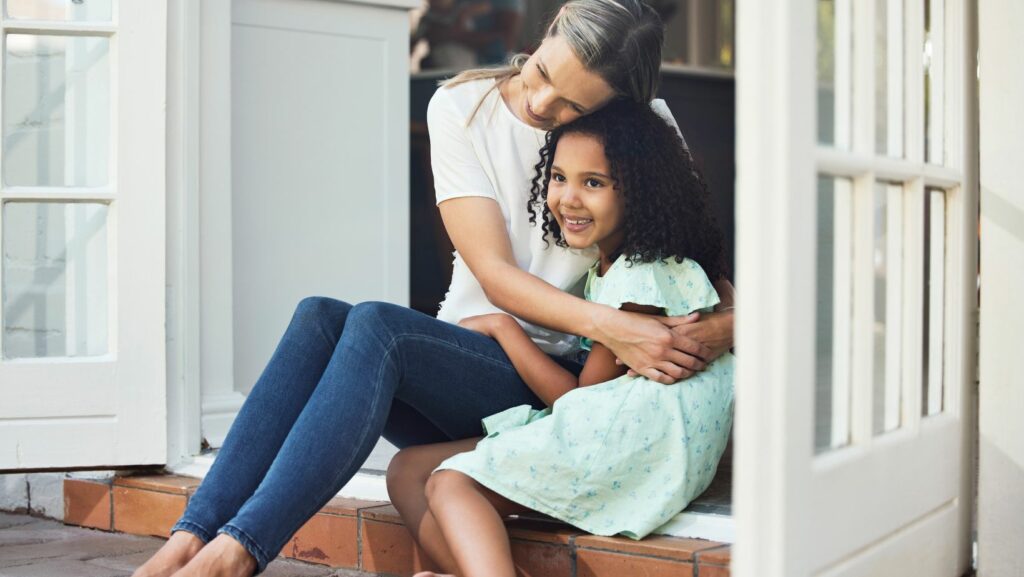Foster Parent Tips
As a foster parent tips, I understand the complexities and challenges that come with providing care for children in need. Foster parent tips is a rewarding yet demanding role that requires patience, compassion, and dedication. Throughout my experience, I’ve learned valuable tips and strategies that have helped me navigate this journey with confidence.
One crucial tip for foster parent tips is to prioritize open communication with the child in your care. Establishing trust and building a strong relationship based on honesty and understanding can make a significant difference in the child’s well-being. Encouraging them to express their thoughts and feelings in a safe environment fosters emotional growth and creates a sense of security.
Additionally, creating a stable and nurturing environment is essential for the child’s development. Setting consistent routines, providing positive reinforcement, and offering support during challenging times can help them feel secure and valued. Being patient, flexible, and empathetic are key qualities that can positively impact the child’s transition into your home.
Understanding the Foster Care System
 In delving into the intricate world of the foster care system, it’s crucial to grasp its fundamental workings. The foster care system provides temporary living arrangements for children who are unable to remain in their homes due to various reasons like abuse, neglect, or parental incapacity. These children are placed under the care of state-certified foster parents who offer them stability and support during challenging times.
In delving into the intricate world of the foster care system, it’s crucial to grasp its fundamental workings. The foster care system provides temporary living arrangements for children who are unable to remain in their homes due to various reasons like abuse, neglect, or parental incapacity. These children are placed under the care of state-certified foster parents who offer them stability and support during challenging times.
Navigating the complexities of the foster care system involves understanding its structure and regulations. Each state has its own set of guidelines governing foster care placements, ensuring that children receive adequate care and attention while in foster homes. It’s essential for prospective foster parents to familiarize themselves with these rules to provide a safe and nurturing environment for the children in their care.
Statistics show that there is a growing need for loving and dedicated foster parents across the country. As of [latest data], there were approximately [number] children in foster care nationwide, highlighting the ongoing demand for compassionate individuals willing to open their hearts and homes to those in need. By becoming a foster parent, you can make a profound difference in a child’s life and contribute positively to society.
Embracing empathy and patience is key when engaging with children within the foster care system. Many of these children have experienced trauma or instability, requiring extra sensitivity and understanding from their caregivers. Building trust and establishing routines can help create a sense of security for these vulnerable youths, fostering emotional growth and resilience in the face of adversity.
By gaining insight into how the foster care system operates and recognizing its impact on young lives, we can work towards creating a more supportive environment for children in need. Through education, advocacy, and compassion, we can strive to improve outcomes for those touched by this vital social service network.
Preparing Your Home for a Foster Child
 When it comes to PREPARING YOUR HOME FOR A FOSTER CHILD, there are several key considerations to keep in mind. Creating a safe, welcoming environment is essential for the well-being of the child entering your care. Here are some tips to help you get your home ready:
When it comes to PREPARING YOUR HOME FOR A FOSTER CHILD, there are several key considerations to keep in mind. Creating a safe, welcoming environment is essential for the well-being of the child entering your care. Here are some tips to help you get your home ready:
-
Childproofing: Before the foster child arrives, ENSURE THAT YOUR HOME IS CHILDPROOFED. This includes securing cabinets, covering electrical outlets, and removing any hazardous items from reach. Taking these precautions can prevent accidents and create a safer space for the child.
- Personal Space: It’s important to PROVIDE THE FOSTER CHILD WITH THEIR OWN PERSONAL SPACE. Whether it’s a separate bedroom or a designated area that they can call their own, having a space where they feel secure and comfortable is crucial for their adjustment.
- Open Communication: CREATE AN ENVIRONMENT OF OPEN COMMUNICATION within your home. Let the foster child know that they can come to you with any concerns or questions they may have. Building trust through communication is vital in establishing a positive relationship with the child.
- Cultural Sensitivity: Be AWARE OF AND RESPECTFUL TOWARDS THE CULTURAL BACKGROUND of the foster child. Incorporating elements of their culture into your home environment can help them feel more at ease and valued.

